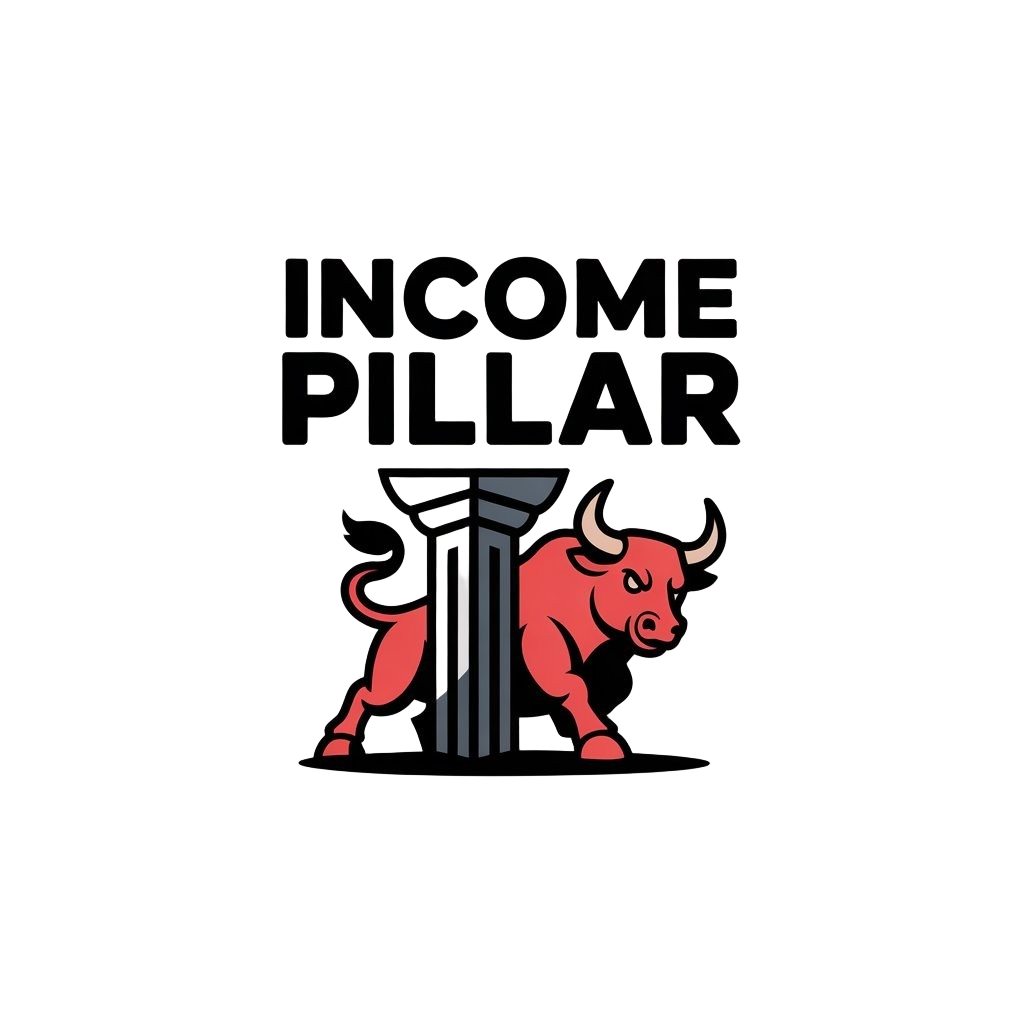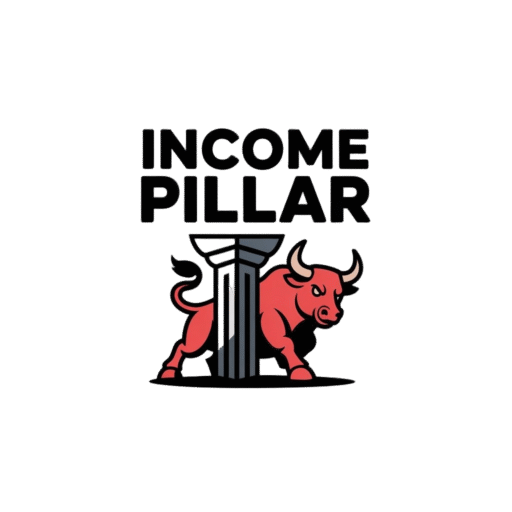Introduction
Credit unions provide a reliable way for members to save and earn more with share certificates and CDs, which often offer higher interest rates compared to other types of savings accounts. A term share certificate is a type of savings account where you deposit funds for a specific term, typically earning a fixed interest rate or annual percentage yield (APY). These certificates are offered by credit unions and are insured by the federal government through the National Credit Union Administration (NCUA), ensuring the safety of your investment.
One of the main benefits of share certificates is their ability to offer higher rates than traditional savings accounts. By choosing a federal credit union, members can take advantage of these higher returns while their funds remain protected. However, it’s essential to understand that certificates typically come with restrictions, including penalties if you pay a penalty for early withdrawals before the term of the certificate ends.
Key Takeaways
- Share certificates offered by credit unions typically provide higher interest rates than regular savings accounts or CDs.
- A term share certificate is a type of savings account where members deposit money for a fixed period to earn a guaranteed annual percentage yield (APY).
- Credit unions insure share certificates through the National Credit Union Administration (NCUA), ensuring the safety of members’ investments.
- Opening a share certificate requires a minimum deposit, and early withdrawals may incur penalties that affect earnings.
- The key difference between share certificates and CDs lies in the higher dividend rates offered by credit unions.
- Despite the higher returns, share certificates come with disadvantages, such as limited access to funds until the term ends.
Understanding How do Share Certificates Work in Credit Unions
Credit unions offer share certificates to provide members with a higher interest rate compared to regular savings accounts. A share certificate is similar to a bank’s certificate of deposit (CD) but typically offers better rates. Members deposit money into a credit union share certificate for a specific term, during which they earn a fixed interest rate. The interest, or dividend, is paid out at the end of the term, making it an appealing investment for those looking to earn more on their savings. Credit unions are federally insured, ensuring the safety of the funds invested in these certificates.
Key Benefits of Credit Union Share Certificates
1. Higher Interest Rates Compared to Savings Accounts
Credit union share certificates typically offer higher interest rates than regular savings accounts, making them a popular option for growing savings at a predictable rate.
2. Federally Insured for Safety
All share certificates are federally insured by the National Credit Union Administration (NCUA) for up to $250,000, ensuring your investment is secure, similar to CDs insured by the Federal Deposit Insurance Corporation (FDIC).
3. Fixed Term and Guaranteed Returns
With share certificates, your money is locked in for a fixed term, providing a guaranteed return based on a predetermined interest rate.
4. Penalties for Early Withdrawal
While share certificates offer great returns, withdrawing your money before the term ends can result in penalties that reduce your earnings.
5. Flexible Term Options for Investment Strategies
Many credit unions offer flexible term lengths, ranging from short to long-term, allowing members to align their share certificate investments with their financial goals.
How Credit Unions Offer Higher Interest Rates with Share Certificates
Credit unions offer share certificates to provide members with a higher interest rate compared to regular savings accounts. A share certificate is similar to a bank’s certificate of deposit (CD) but typically offers better rates. Members deposit money into a credit union share certificate for a specific term, during which they earn a fixed interest rate. The interest, or dividend, is paid out at the end of the term, making it an appealing investment for those looking to earn more on their savings. Credit unions are federally insured, ensuring the safety of the funds invested in these certificates.
Benefits of Choosing a Credit Union Share Certificate
Investing in a share certificate through a credit union comes with several benefits. Credit unions generally offer higher dividend rates on share certificates compared to banks. Additionally, the terms can vary, allowing members to choose the best option that fits their financial goals. Members can rest assured that their investments are federally insured by the National Credit Union Administration (NCUA), offering extra peace of mind. Unlike savings accounts, share certificates lock in a specific rate, which can help grow savings more predictably over time.
Steps to Open a Share Certificate and Maximize Your Investment
To open a share certificate at a credit union, you’ll need to meet certain requirements, starting with being a member of the credit union. After that, you’ll need to make a minimum deposit, which varies depending on the credit union and the type of share certificate offered. The term length also plays a role in how much interest you earn. Once the account is open, your money is locked in for the specific term, with penalties for early withdrawal. This makes it important to plan ahead and choose a term that suits your needs.
Case Study: Maximizing Returns with Share Certificates at a Credit Union
A member of a local federal credit union wanted to open a share certificate to maximize their savings. After becoming a member, they deposited the minimum required amount of $500, locking in their funds for a 24-month term. The credit union offered a competitive interest rate, higher than regular savings accounts, and the member knew their funds were federally insured by the National Credit Union Administration (NCUA).
To maximize returns, the member implemented a laddering strategy. They opened three share certificates with different maturity dates: 6 months, 12 months, and 24 months. This allowed them to access some of their funds at regular intervals while continuing to earn higher interest rates on long-term certificates. By carefully aligning the certificate terms with their financial goals, they were able to grow their savings while maintaining flexibility.
Requirements for Opening a Share Certificate
To open a share certificate at a credit union, you’ll need to meet certain requirements, starting with being a member of the credit union. After that, you’ll need to make a minimum deposit, which varies depending on the credit union and the type of share certificate offered. The term length also plays a role in how much interest you earn. Once the account is open, your money is locked in for the specific term, with penalties for early withdrawal. This makes it important to plan ahead and choose a term that suits your needs.
Maximizing Returns on Your Share Certificate Investment
To get the most out of your share certificate investment, it’s important to choose a term length that aligns with your financial goals. Longer terms usually offer higher interest rates, but they also lock your funds in for a longer period. To balance this, some credit unions allow laddering, where you open multiple share certificates with different maturity dates. This strategy helps you take advantage of higher rates while still having access to your funds periodically. Additionally, watch for promotions that may offer higher rates for new accounts or specific term lengths.
Comparing Share Certificates with Traditional Savings Accounts and CDs
While share certificates and savings accounts are both safe places to keep your money, they work differently. A savings account allows more flexibility, giving you access to your money whenever you need it. On the other hand, a share certificate requires you to lock in your money for a specific period, typically earning a higher interest rate in return. Credit unions also tend to offer better rates on share certificates than banks do on certificates of deposit (CDs). The lack of immediate access to your funds is the trade-off for the better returns.
Differences Between Share Certificates and Savings Accounts
While share certificates and savings accounts are both safe places to keep your money, they work differently. A savings account allows more flexibility, giving you access to your money whenever you need it. On the other hand, a share certificate requires you to lock in your money for a specific period, typically earning a higher interest rate in return. Credit unions also tend to offer better rates on share certificates than banks do on certificates of deposit (CDs). The lack of immediate access to your funds is the trade-off for the better returns.
Are Share Certificates or CDs the Better Investment?
When deciding between a share certificate from a credit union and a CD from a bank, it often comes down to the rates offered and your personal financial goals. Share certificates generally offer higher interest rates and are backed by federal insurance through the NCUA, similar to how CDs are insured by the FDIC. However, credit unions may provide better customer service and member benefits. Depending on the term and the institution, both can be great options for safe, low-risk investments that earn more than a regular savings account.
“A share certificate offers a higher rate of return in exchange for locking your funds for a set term, making it ideal for savers who can commit to a fixed time frame, unlike savings accounts where flexibility is key.” — Source: Business Insider
Early Withdrawals, Penalties, and Disadvantages of Share Certificate Accounts
One key downside of share certificates is the penalty for withdrawing your money before the term ends. If you need to access your funds before the certificate matures, you’ll likely face a penalty that could reduce or eliminate any interest you’ve earned. The penalty varies depending on the credit union and the term length of the share certificate. This makes it important to plan ahead and choose a term that fits your financial situation, as early withdrawal penalties can significantly affect your overall return.
Penalties for Early Withdrawals from Share Certificates
One key downside of share certificates is the penalty for withdrawing your money before the term ends. If you need to access your funds before the certificate matures, you’ll likely face a penalty that could reduce or eliminate any interest you’ve earned. The penalty varies depending on the credit union and the term length of the share certificate. This makes it important to plan ahead and choose a term that fits your financial situation, as early withdrawal penalties can significantly affect your overall return.
Disadvantages of Share Certificates Compared to Other Accounts
While share certificates offer higher interest rates, they aren’t without disadvantages. The main drawback is the lack of flexibility, as your funds are locked in for a set term. Unlike a savings or money market account, you cannot withdraw money without incurring penalties. Additionally, the fixed interest rate can be a disadvantage if rates rise during the term of your certificate, leaving you with a lower return than newer, higher-rate investments. For those who value access to their funds, this limitation could outweigh the higher interest rates.
[lasso rel=”amazon-69″ id=”10438″]
Conclusion
In conclusion, share certificates offered by credit unions provide an attractive way to save with higher interest rates than traditional savings accounts or CDs. These certificates are federally insured by the National Credit Union Administration (NCUA), giving members peace of mind that their investments are safe. By choosing a federal credit union, members can benefit from higher returns, but they must understand that early withdrawals come with penalties, impacting their earnings.
Before investing, it’s crucial to assess whether a share certificate is right for you. With term lengths that can vary and dividend yields typically higher than regular accounts, this option is ideal for those who can lock in funds for a set period. Share certificates are insured and backed by the federal government, making them a low-risk, high-reward investment for members of credit unions looking to maximize their savings.














